Demographic and clinical data for 23 patients with intracranial aneurysm
Por um escritor misterioso
Descrição
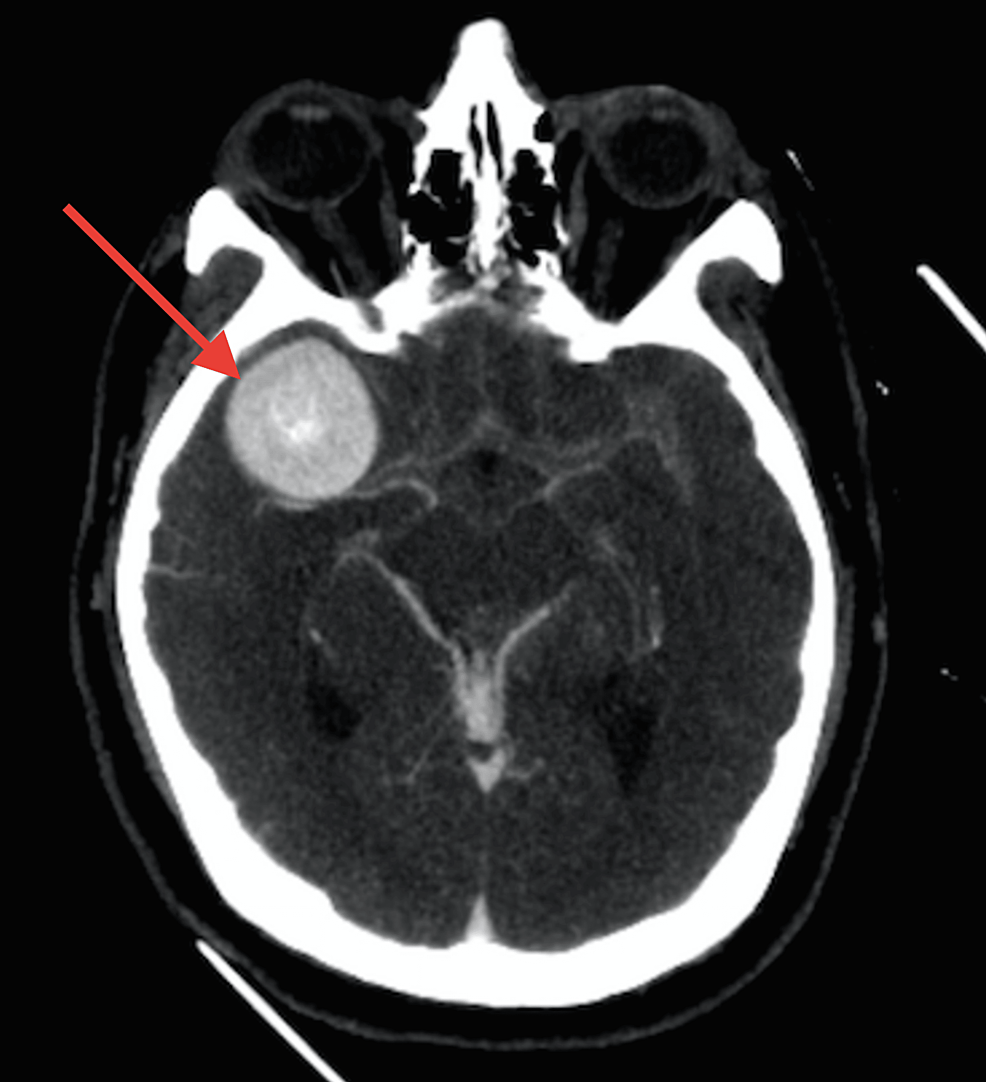
Cureus, Follow-Up by Transcranial Doppler After Rupture of a Giant Intracranial Aneurysm

Demographic and clinical data for 23 patients with intracranial aneurysm

Plasma metabolic signatures for intracranial aneurysm and its rupture identified by pseudotargeted metabolomics - ScienceDirect
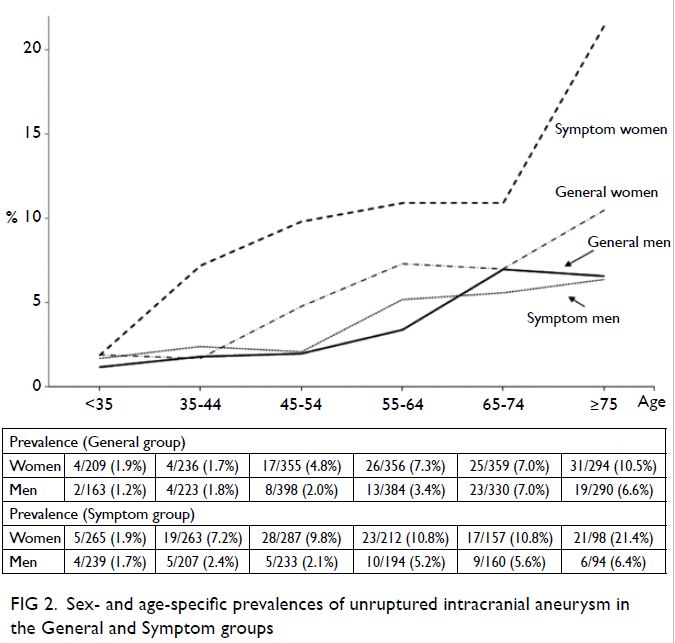
Prevalence of unruptured intracranial aneurysms in the Hong Kong general population and comparison with individuals with symptoms or history of cerebrovascular disease
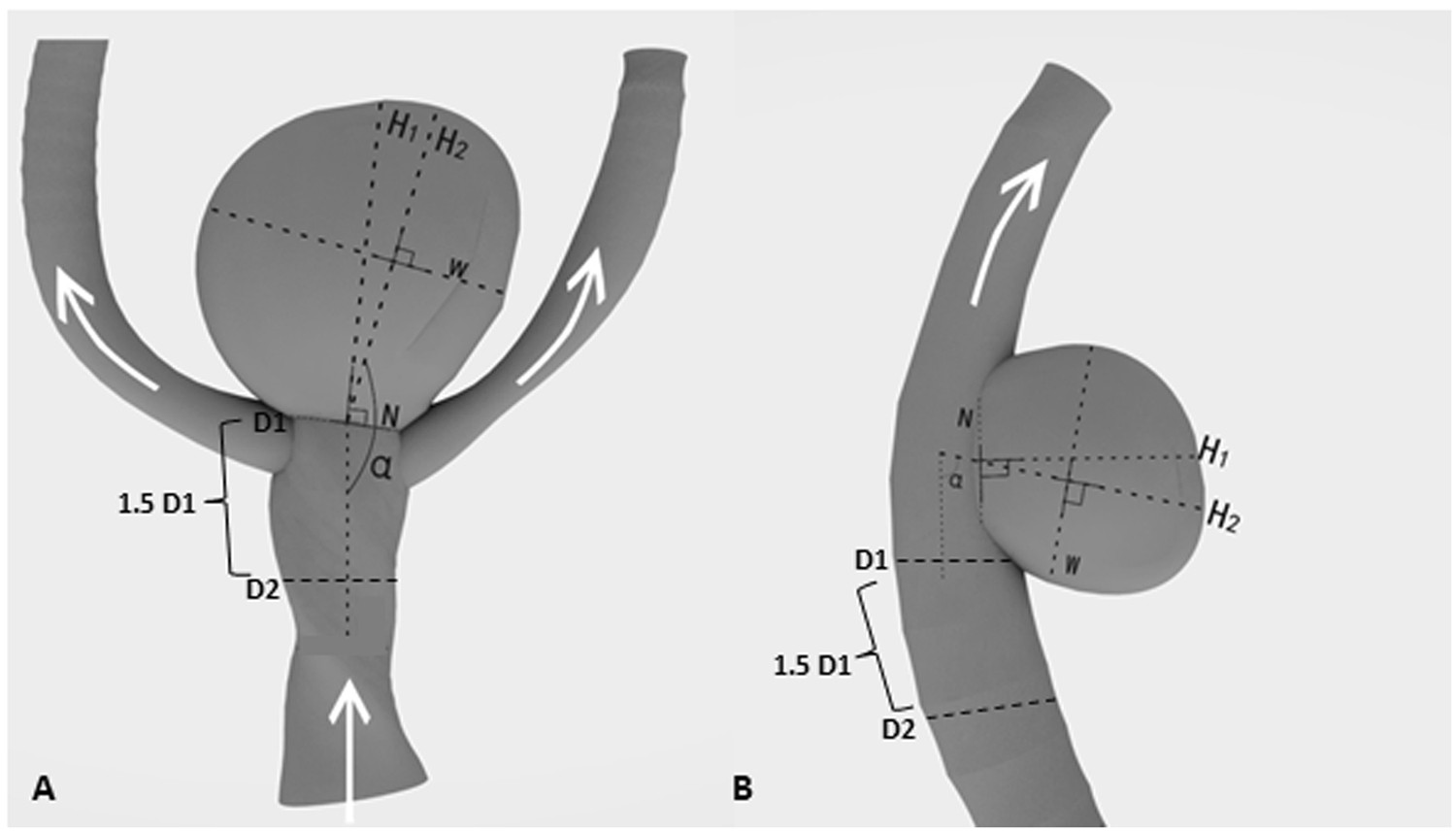
Morphological parameters and anatomical locations associated with rupture status of small intracranial aneurysms
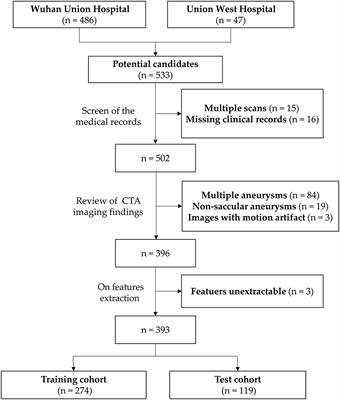
Frontiers CT Angiography-Based Radiomics for Classification of Intracranial Aneurysm Rupture

Frontiers Shape Trumps Size: Image-Based Morphological Analysis Reveals That the 3D Shape Discriminates Intracranial Aneurysm Disease Status Better Than Aneurysm Size
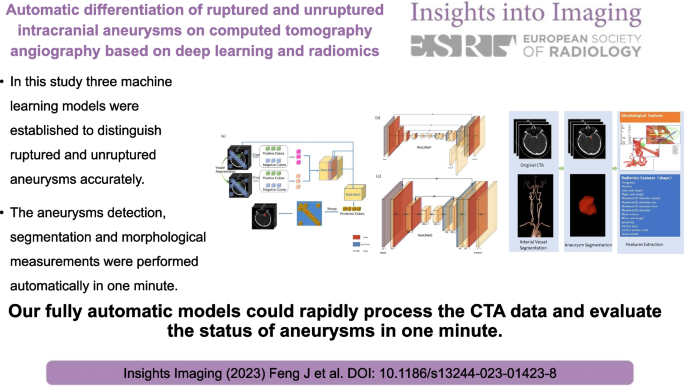
Automatic differentiation of ruptured and unruptured intracranial aneurysms on computed tomography angiography based on deep learning and radiomics, Insights into Imaging

Demographic and clinical data for 23 patients with intracranial aneurysm
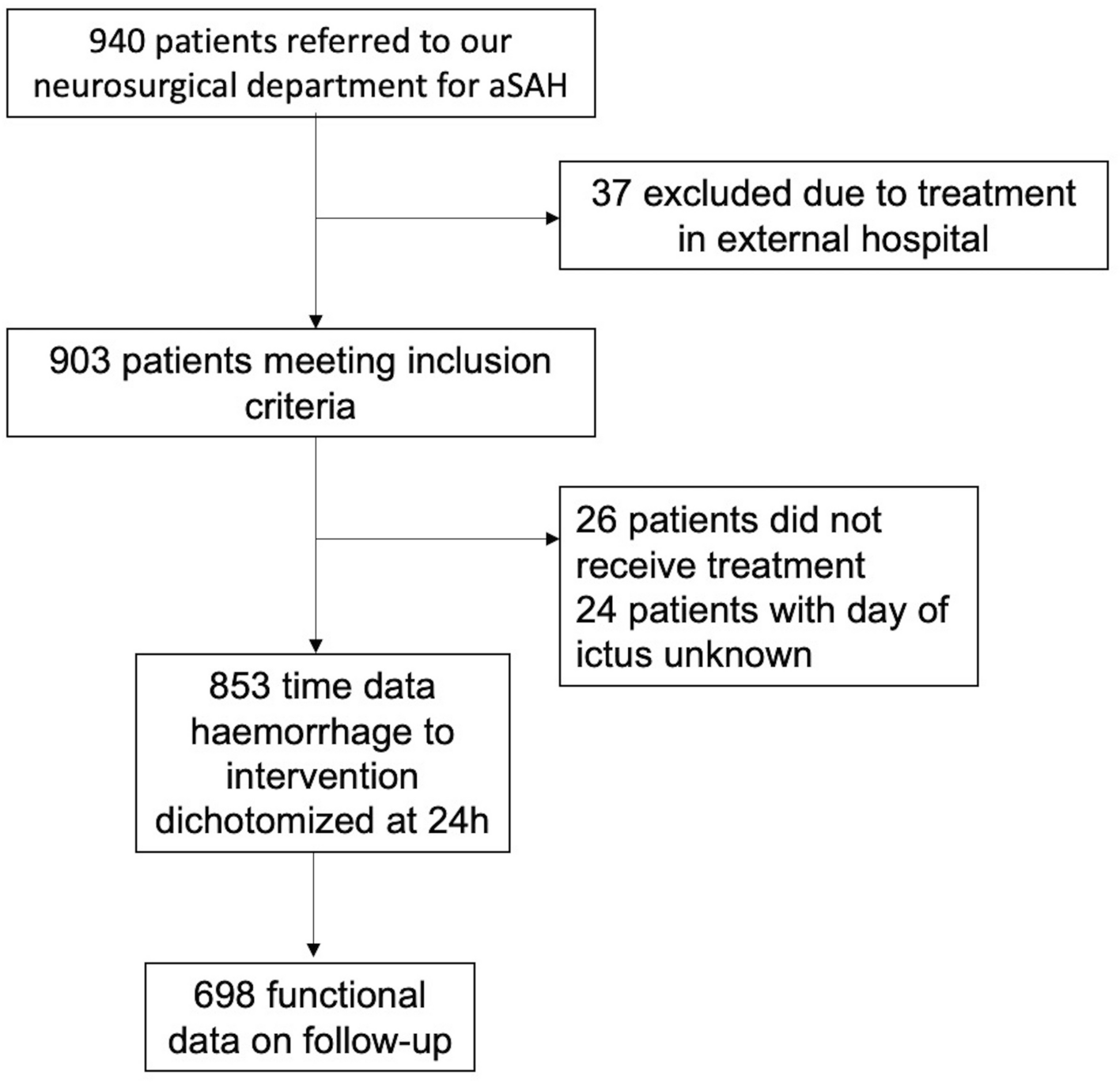
Duration between aneurysm rupture and treatment and its association with outcome in aneurysmal subarachnoid haemorrhage

Risk of recurrent subarachnoid haemorrhage, death, or dependence and standardised mortality ratios after clipping or coiling of an intracranial aneurysm in the International Subarachnoid Aneurysm Trial (ISAT): long-term follow-up - The Lancet

Intracranial aneurysm screening: indications and advice for practice - The Lancet Neurology

Common risk factors for intracranial aneurysms

Incidence and Outcome of Multiple Intracranial Aneurysms in a Defined Population

Risk Prediction of New Intracranial Aneurysms at Follow-Up Screening in People With a Positive Family History
de
por adulto (o preço varia de acordo com o tamanho do grupo)







